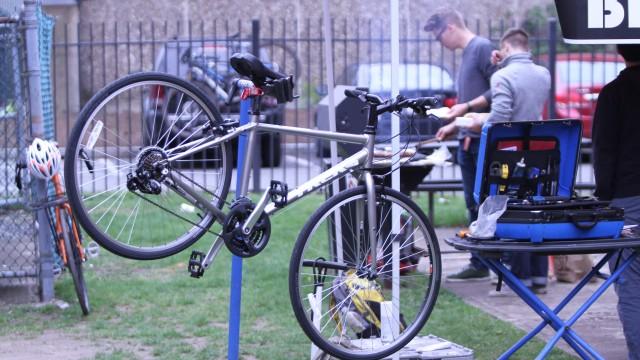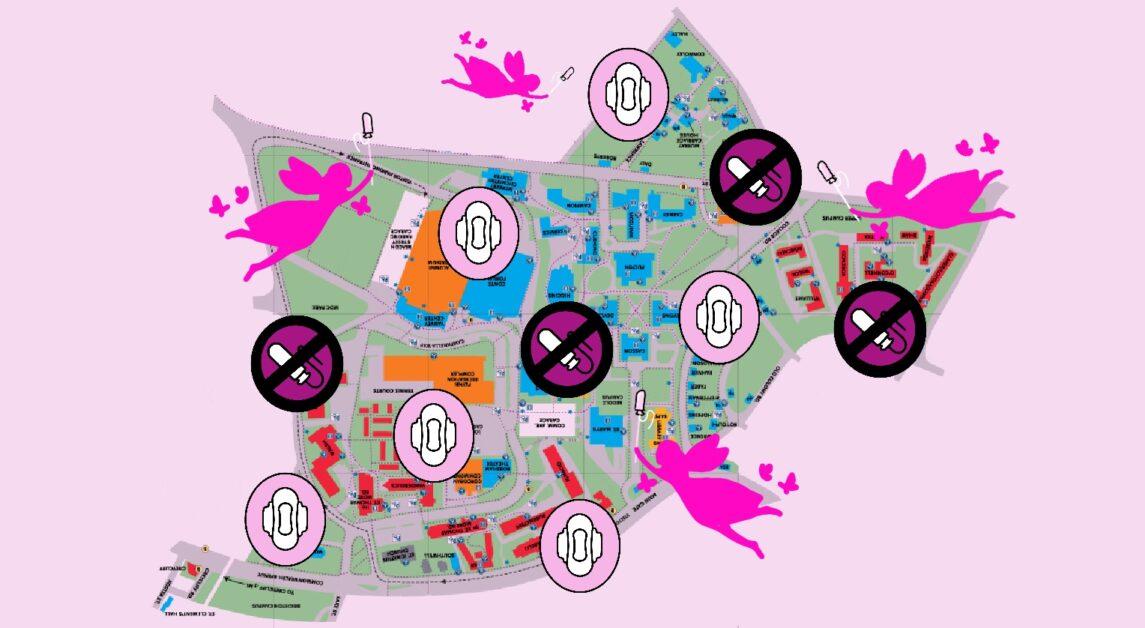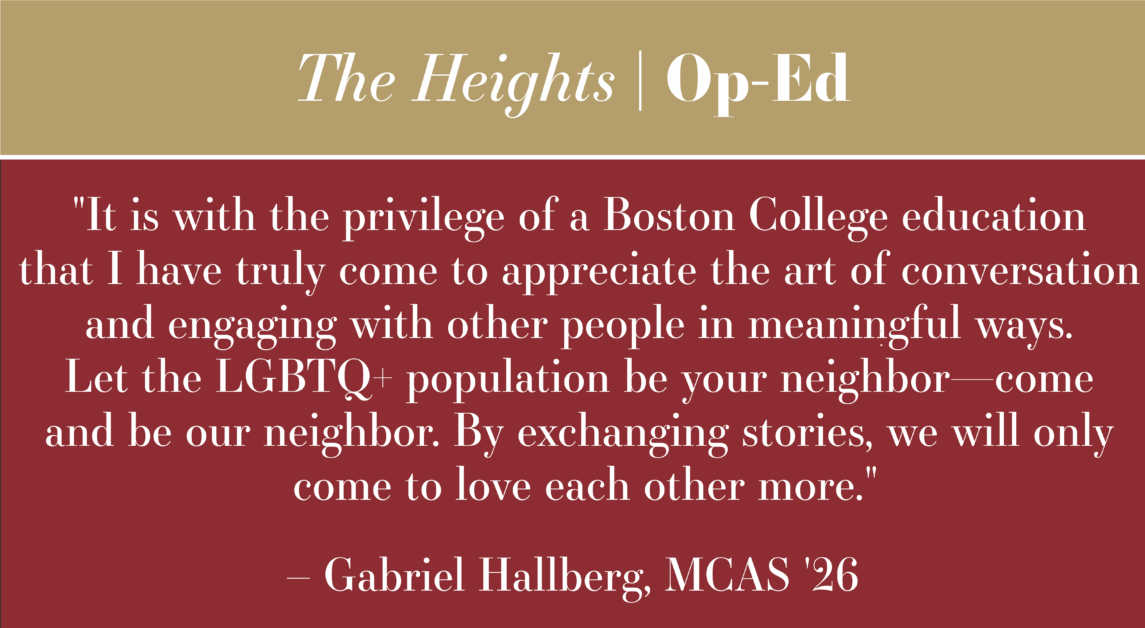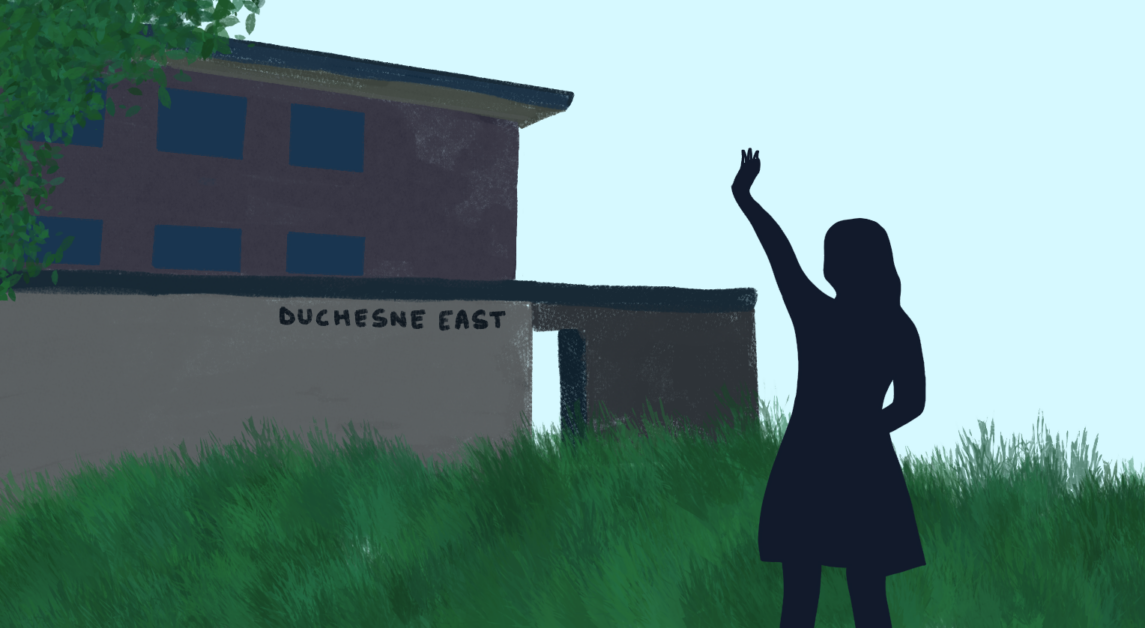Bike BC, a bike-sharing program, has just introduced its pilot program. The program will allow students to borrow bikes from the Comm. Ave. garage for free and keep them for three days. The purpose of this is to promote an eco-friendly method of transportation while also providing a cost-free service to students. Students will have to receive bike safety training and sign a liability waiver before being able to use the service. Once this training occurs, students will be free to use the bike as they wish for three days. As the program goes through its pilot program, steps should be taken to ensure that it is implemented in the best way possible and that students are both encouraged and incentivized to participate. Although it remains to be seen whether this new program will be a success, it still provides a useful example of how student groups should find avenues of cooperation with administrative groups.
Bike BC is a student organization that has partnered with O’Neill Library to provide these bikes for the students. By partnering with an established part of Boston College like the library, the group receives support that it otherwise wouldn’t. This means that its efforts have a better chance of finding success. Attempts that might have never gotten off of the ground are given legitimacy through these sorts of partnerships. Increasing sustainability and eco-friendliness on campus has been a contentious issue in recent years, and there has not been much success on the part of environmental activists at BC. Calls for divestment and other sustainability initiatives have received little official response. While the recent announcement of Ernest Moniz, U.S. Energy Secretary and strong proponent of environmental sustainability, as Commencement speaker seems to indicate a possible trend toward increased eco-friendly efforts, there has still been little action taken.
Facing this, student groups have to work to find other methods of approaching the issue. There are a number of groups interested in promoting this cause. It is necessary that they focus their energy and find the best possible way to achieve something. Areas where groups can join together and cooperate with administrative support is the first step toward accomplishing some sort of tangible change. While Bike BC remains a relatively small initiative, it still exemplifies the way these efforts should be undertaken. By finding one simple way to promote sustainability, Bike BC was able to achieve administrative partnership and create this bike-sharing program. Other student groups should determine how they can also do this. By focusing on one program, groups can encourage support and find other ways to push BC toward a more eco-friendly campus.
Featured Image by Julia Hopkins / Heights Editor











